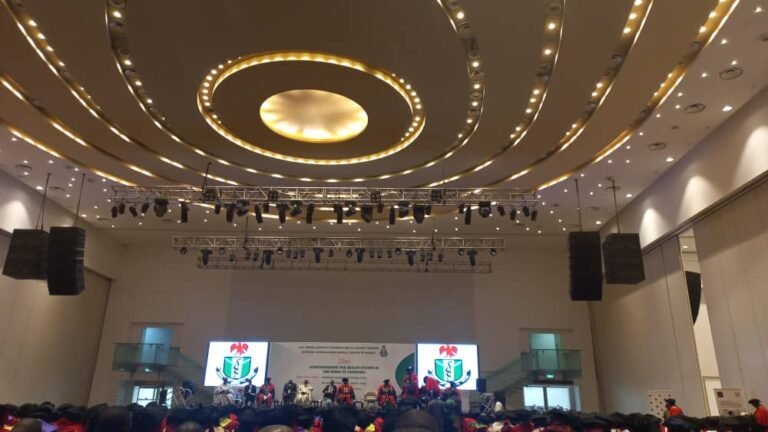Using Modeled Evidence in Nigeria’s Health System: understanding the gaps and promoting the value of evidence-based decision making

By Chinyere Mbachu, Prince Agwu, God’stime Eigbiromolen, Ifunanya Agu, Benjamin Uzochukwu and Obinna Onwujekwe Statistics makes it possible to simulate real life behaviors using models, and this is termed ‘modeled evidence. Mathematical models that simulate different potential health scenarios…


